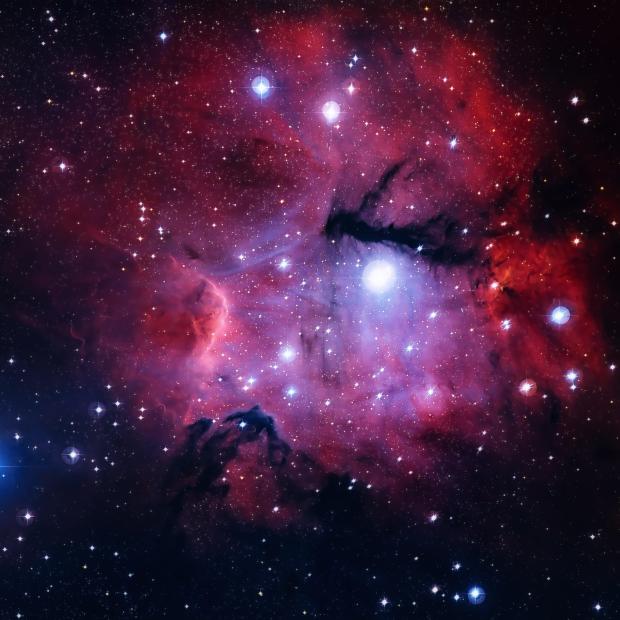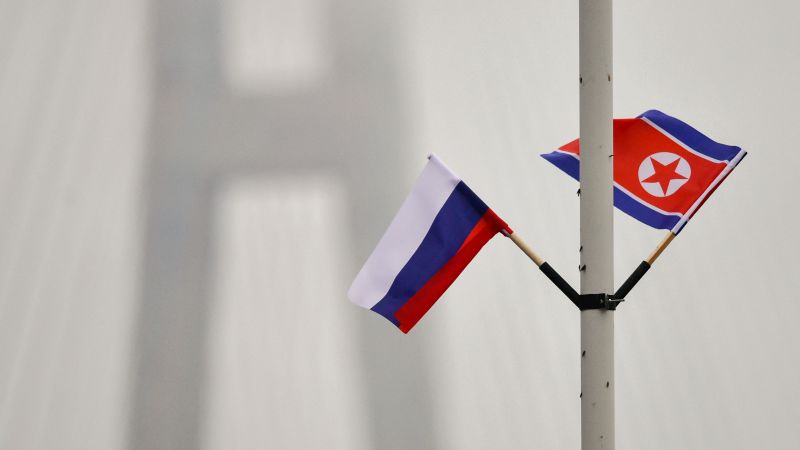North Korea is reportedly preparing to significantly increase its military support for Russia in the ongoing conflict with Ukraine. According to an intelligence assessment from Ukrainian officials, North Korea plans to send an additional 25,000 to 30,000 troops to Russia, tripling its current deployment. This move is expected to bolster Russian forces on the front lines against Ukraine.
The Ukrainian intelligence report, which was seen by CNN, suggests that these troops could arrive in Russia in the coming months. This follows the initial deployment of 11,000 North Korean soldiers in November, who played a role in repelling Ukrainian forces in Russia’s Kursk region. Despite suffering approximately 4,000 casualties, North Korea’s military cooperation with Russia appears to be deepening.
Strategic Military Collaboration
The intelligence assessment indicates that the Russian Ministry of Defense is prepared to provide the necessary equipment, weapons, and ammunition to integrate North Korean troops into Russian combat units. This integration is expected to extend to combat operations in Russian-occupied parts of Ukraine, particularly during large-scale offensives.
Satellite imagery obtained by CNN shows preparations for the deployment, including a ship associated with last year’s troop movements docking at a Russian port and cargo aircraft at North Korea’s Sunan airport. These movements suggest logistical preparations for transporting tens of thousands of troops across Siberia.
Historical Context and Current Developments
North Korea’s initial troop deployment to Russia in the fall of 2024 was conducted in secrecy, with Russian President Vladimir Putin confirming it only in April. Since then, North Korean soldiers have been seen receiving equipment at the Sergeevka military base in Primorskyi Krai.
Recent satellite images show a Ropucha-class Russian ship, capable of carrying up to 400 troops, docking at the Dunai port. This type of ship was also used in previous deployments, indicating a pattern of military cooperation between the two nations.
Expert Insights and Global Reactions
Joe Byrne, a senior analyst at the Open Source Centre, noted, “Satellite imagery shows a Russian personnel carrier arriving at Dunai in May, and activity at Sunan airport in May and June. This appears to indicate the routes previously used to move DPRK troops are active, and could be used in any large-scale future transfer of personnel.”
Jenny Town, a senior fellow and director of the Korean program at the Stimson Center, commented on the potential troop numbers, stating that 10,000 to 20,000 troops “sounds more realistic,” and suggested that North Korea might deploy them in stages. She added that there have been rumors of Russian generals training North Korean troops within North Korea.
“Russia’s use of elite North Korean troops demonstrates not only a growing reliance on totalitarian regimes but also serious problems with its mobilization reserve,” said Ukraine’s Defense Minister Rustem Umerov.
Potential Implications and Future Outlook
The deployment of additional North Korean troops could have significant implications for the ongoing conflict. Ukraine’s military chief, Oleksandr Syrskyi, has reported that Russia is amassing 110,000 troops near the front-line town of Pokrovsk, indicating a potential offensive.
Meanwhile, Sergei Shoigu, a top adviser to Putin, visited Pyongyang in June, announcing that North Korean sappers and military construction workers would be sent to Russia to clear mines and restore infrastructure. This visit underscores the deepening military ties between Russia and North Korea.
South Korea’s National Intelligence Service has briefed lawmakers that North Korea is selecting personnel for overseas deployment, potentially as early as July or August. However, it remains unclear if this aligns with the Ukrainian assessment of 30,000 troops.
Conclusion: A Complex Geopolitical Landscape
The revelation of North Korea’s potential large-scale troop deployment to support Russia marks a significant development in the geopolitical landscape. As both nations strengthen their military ties, the international community watches closely, concerned about the implications for regional stability and global security.
This development is part of a broader investigation into North Korea’s role in supporting Russia’s war efforts, including the supply of ballistic missiles and artillery shells. As the situation evolves, the world awaits further actions and responses from global powers.
About The Author
 Switzerland’s Women’s Soccer Poised for Growth, Says Coach Sundhage
Switzerland’s Women’s Soccer Poised for Growth, Says Coach Sundhage Rare Cosmic Event: Two Novas Illuminate the Night Sky Simultaneously
Rare Cosmic Event: Two Novas Illuminate the Night Sky Simultaneously Discover the Hidden Gems of watchOS 26: Beyond Liquid Glass
Discover the Hidden Gems of watchOS 26: Beyond Liquid Glass Siena Memory Foam Mattress Offers Unprecedented Discounts in 4th of July Sale
Siena Memory Foam Mattress Offers Unprecedented Discounts in 4th of July Sale Bitcoin’s Future: Standard Chartered Predicts $200,000 by Year’s End
Bitcoin’s Future: Standard Chartered Predicts $200,000 by Year’s End